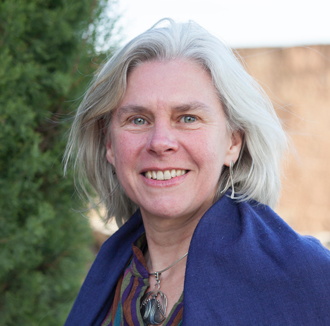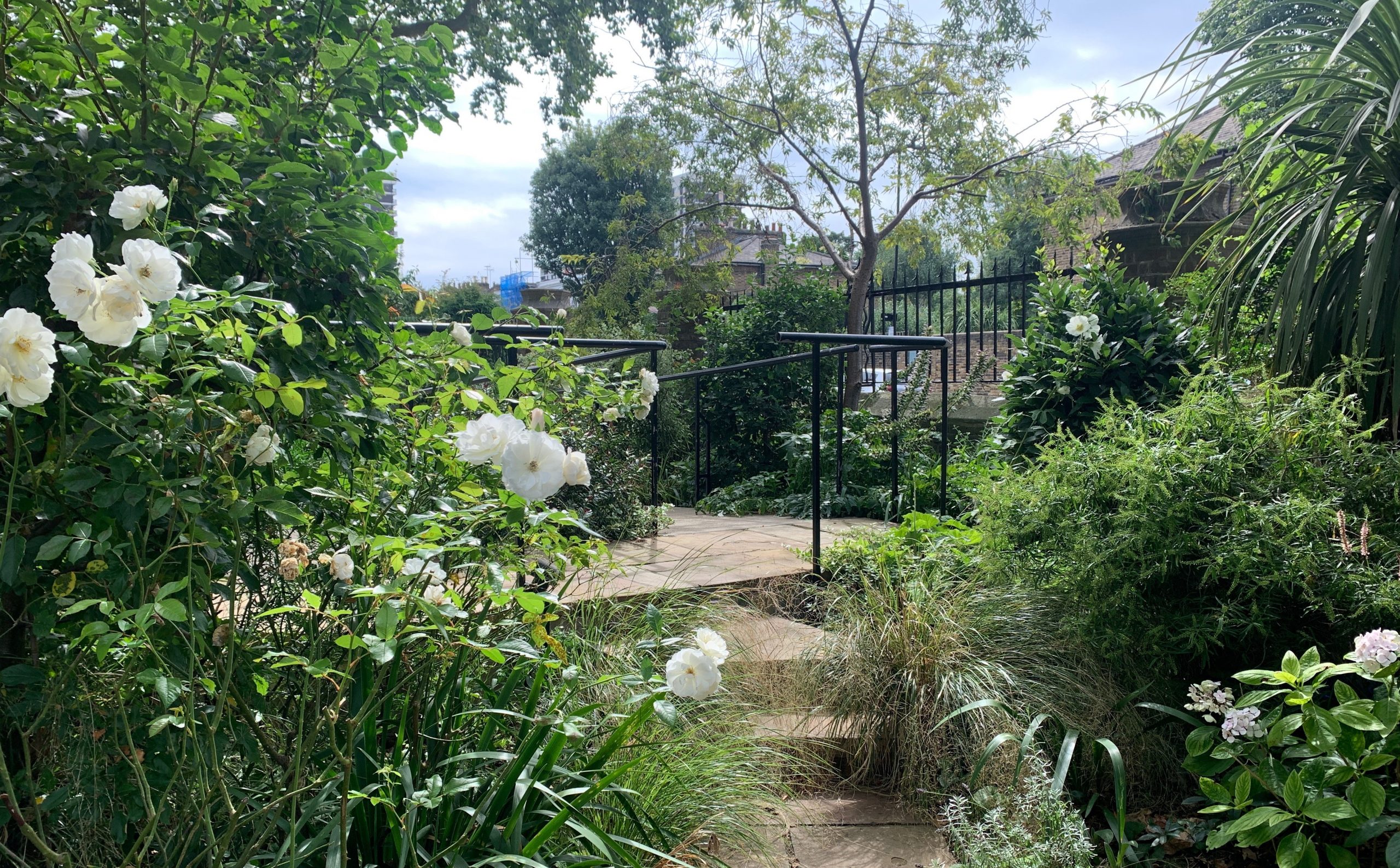Eco-Sermon Series, September 2021
How can local churches respond to the mounting climate crisis? What might our ecological futures look like? Do we need a change of heart as well as a change in behaviour? In a three-part sermon series (July 18th, September 5th & October 31st), St Peter’s explores Christian responses to the ecological crisis.
On Climate Sunday on September 5th, Margaret Glover presents a sermon on ‘Renewing the Earth’.
Margaret’s sermon can be read here:
Sermon for Climate Sunday Sept 2021
Interview with Margaret Glover, September 2021

What inspired your ecological thinking?
As a child, I was captivated by a billboard along the highway, featuring a larger-than-life Native American with a tear rolling down his cheek. I’d see this see this towering figure gazing out across the cars and the litter thrown from car windows as we headed to the Adirondacks each summer.
The Adirondacks are one of the oldest mountain ranges in the world, formed early in the earth’s geological history and then reshaped by glaciers and earthquakes. I remember finding a boulder that had split and shifted, the two halves no longer in alignment. At night on the sleeping porch, I’d observe what was absent from my city life, including the Milky Way, vivid thunderstorms, bull frogs, owls and sounds I couldn’t identify or mimic.
As a teen, I spent a summer working with the Youth Conservation Corps in one of the most blighted and deprived regions of the Appalachian Mountains. Slag heaps from deep mining and jagged wounds from strip mining marred the landscaped and polluted the ground water and the many streams that run through the lush rhododendron and pine forests. We started each week clearing trails of the filth weekend hikers left behind. Over the course of three months we built a series of water filtration dams from whatever was available – fallen branches, sand, pebbles, stones, fern, and once the front grill left behind after an accident.
Then after completing university, I spent two years in Egypt, where I witnessed traditional modes of farming alongside rapidly expanding commercialisation. Shopkeepers would reuse and repair anything and everything, making some things ‘like new’. The most significant influence was an interview with an eminent climatologist at Cairo University, who explained the process of desertification and the impact of rising sea levels on fresh water for drinking and irrigation. We are now living in the world he predicted.
How does the Bible talk to us about the environment?
Abundance and majesty. A force greater than human capacity to conquer or destroy. The first word ascribed to the natural world is ‘good’. Many passages throughout the Old and New Testaments could be read as an intimate love affair with the natural world. Others remind us that nature like its creator surpasses our understanding. I feel we’re being invited to gaze beyond what is immediately visible, deep into the microscopic and far beyond, making that leap of faith and imagination that brings us closer to the infinite that is God.
How did we get so disconnected from nature?
We displaced God and that infinite, unknowable energy from which all life springs and develops and instead put ourselves at the centre of our own finite worlds. We moved from interdependence to wilful independence in our relationships with God, ourselves and the world.
We lost sight of the scope and scale and majesty of creation and harnessed its energy for our short-term satisfaction and gain. We devalued our senses and our souls as sources of learning and wisdom, placing the ultimate value on what the rational mind can compass, contain and categorise.
How has the pandemic changed your outlook?
I’ve been forced to live within my means and value rather than dismiss my vulnerability. I’ve become more purposeful in how I connect with others. I’ve developed ways of creating the sense of a genuinely shared, collaborative and creative space within the virtual realm. I’ve been learning to listen and notice and observe again as if for the first time again, once more as a child.
What could the congregation of St Peter’s do to help realign our relationship with nature?
What if we were to lavish the time and attention God gave to creation in Genesis on the natural world and our relationship to the environment we share with other humans and all creatures, near and far? We need to develop and sustain attitudes of awe and curiosity and practices of noticing and wondering (in every sense).
Can you recommend any resources for the journey?
Resilience.org – This is an e-newsletter of articles and excerpts ranging from science, technology and economics to community, resistance, spirituality and indigenous ancestral wisdom.
St Ethelburgas.org – ‘We build community resilience for times of ecological and social emergency, through practical collaborative action. We hold a vision for a world based in compassion and interdependence.’
SSJE.org – The Society of St John the Evangelist in Massachusetts have adapted the ancient monastic tradition of asking for a word to inspire prayer and contemplation.
Emergence Magazine – ‘Connecting the threads among ecology, culture and spirituality.’
Operation Noah – ‘Faith-motivated. Science-informed. Hope-inspired.’
Read July’s eco-sermon and interview with visiting preacher Revd Vanessa Elston here.






